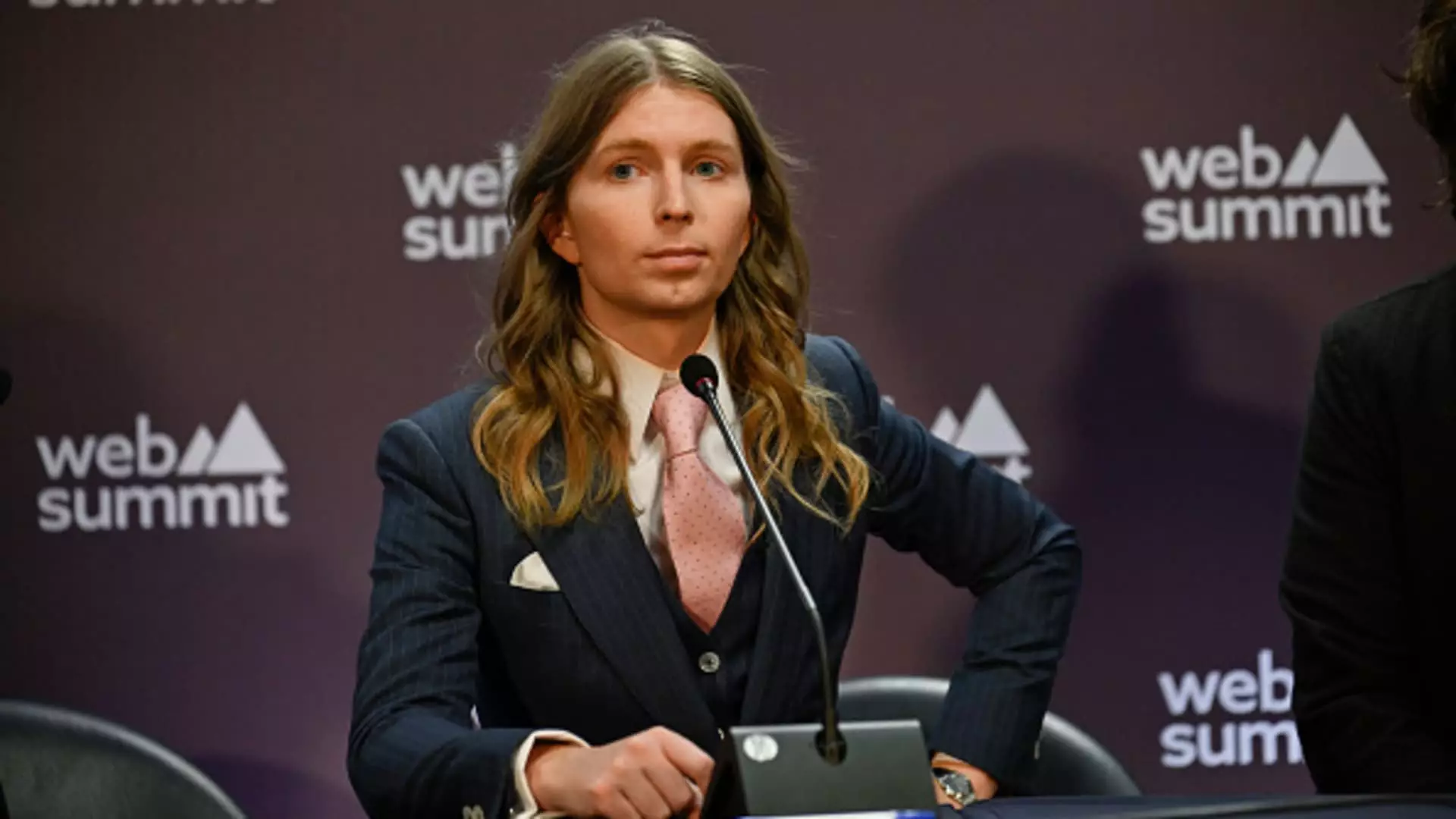Chelsea Manning, a former intelligence analyst turned advocate for digital privacy, has recently been vocal about the pervasive threats posed by censorship in our contemporary digital landscape. Speaking at the Web Summit in Lisbon, Manning emphasized that censorship doesn’t merely stem from overt government actions. Rather, in the age of algorithms and social media giants, it manifests in more insidious forms, primarily driven by profit motives and engagement metrics. With the internet being a primary platform for information exchange and public discourse, the stakes of this censorship issue have never been higher.
Central to Manning’s argument is the notion that the control exerted by large tech companies stifles free expression. These platforms manipulate what content gets amplified, influencing public opinion and limiting genuine discourse. The anxiety over who wields this power—a select few corporate entities—leads to an erosion of individual agency and contributes to a homogenized digital experience that prioritizes sensationalism over substance. As we progress deeper into the digital age, this concern becomes increasingly urgent. The social media monopolies have conditioned users to accept curated feeds that cater to engagement rather than authenticity, which raises questions about the future of information and communication.
To counteract this trend, Manning advocates for a return to a decentralized model reminiscent of the early internet days. She envisions a system where individuals regain control over their data through decentralized identification mechanisms. This could diverge from the traditional model where entities like Google or Facebook dictate user experience and data management. A decentralized internet, according to Manning, empowers users to have a say in how their data is shared and utilized.
However, this return to decentralization is not merely a nostalgic yearning; it represents a fundamental shift towards inclusivity and autonomy in digital interactions. Manning posits that offering decentralized identification options can mitigate the influence of corporate algorithms, allowing for a richer diversity of voices and ideas. Such a shift could foster innovation in how we think about consent and data ownership, effectively turning the tide in favor of individual users.
When questioned about the financial viability of a decentralized internet, Manning highlighted the necessity for a revamped social contract between tech companies and users. This contract would redefine how information is managed and shared. The contracts of the future must ensure that user privacy is paramount, transforming the current exploitative practices of data collection into a more ethical model driven by user consent and agency.
In essence, the relationship between users and technology should pivot from surveillance and exploitation to trust and cooperation. For businesses, this would mean finding new revenue models that align with the principles of transparency and respect for user privacy. Without this foundational reform, the cycle of exploitation will only continue, further delegitimizing user rights in the digital economy.
As a whistleblower herself, Manning reflects on the evolving environment that those who expose truths face today. In a world inundated with information, discernment becomes key. Governments are no longer focused solely on maintaining secrecy; instead, they often engage in the more clandestine art of misinformation propagation. The challenge for whistleblowers lies in navigating through this labyrinth of information to find verifiable truth amid a sea of noise.
For whistleblowers in today’s context, the battle lies not just in revealing truth but in differentiating it from the falsehoods that can cloud genuine narratives. This shift in focus—from secrecy to clarity—requires not just bravery, but also a sophisticated understanding of media literacy.
Manning’s insights invite a critical examination of the current state of our online realities. A more equitable, decentralized internet holds the potential to safeguard user privacy while promoting authentic discourse. As we confront pervasive censorship and the manipulative tactics of dominant tech firms, her call for an empowered populace armed with decentralized tools serves as a beacon of hope for a more just digital landscape. Balancing ethical innovation with user empowerment may ultimately define the next phase of our online existence, one where privacy and freedom of expression flourish together.


Leave a Reply